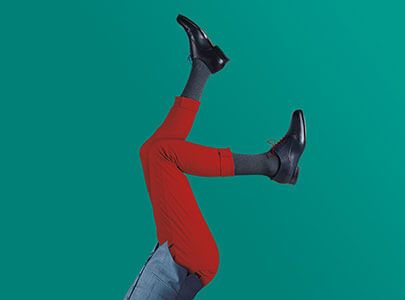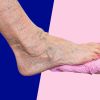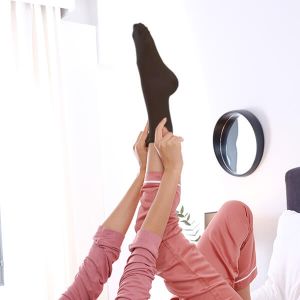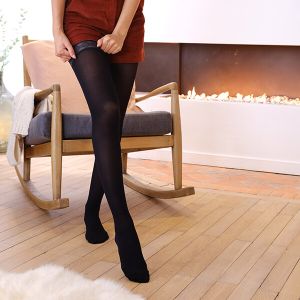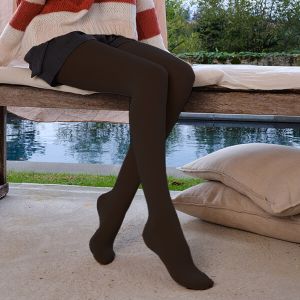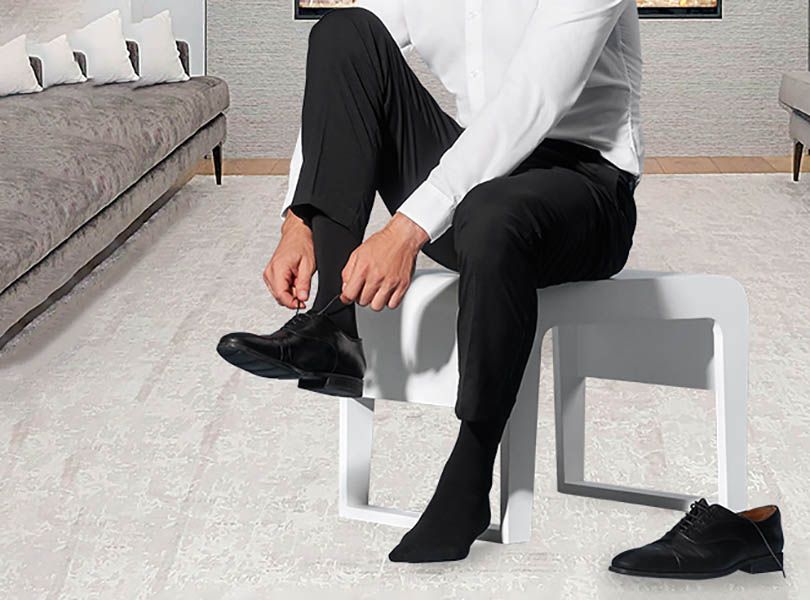Painful leg cramps at night - how to prevent them?

More and more people are complaining of night-time leg cramps. The bothersome pain in the thighs, calves and feet usually passes after a few minutes. However, if it occurs frequently, it can become a nuisance. Usually, leg cramps occur at night and in the morning when we want to get up. There can be many reasons for this, the most common being exhaustion and mineral deficiencies. So how to fight cramps effectively and get rid of the pain for good.
Nocturnal leg cramps – causes
For many people, painful leg cramps at night can seem like a trifle. In many cases, they disappear after a few minutes or even seconds. Nevertheless, their impact significantly affects the comfort of life. Severe pain, which prevents sleep at night and makes it difficult to fall asleep, effectively makes life miserable. Sufferers also find it difficult to get up in the morning and do not feel at their best at the start of the day. So why do you get severe leg cramps at night? Let's find out the causes!
- A sedentary lifestyle - prolonged computer work and inappropriate sitting leg to leg, can promote compression of the blood vessels in the legs. This eventually results in impaired blood supply to the limbs and hypoxia in the muscles, resulting in cramps.
- Leg fatigue - leg cramps at night can also be caused by walking in heels for hours and putting a lot of strain on the legs during physical work or sports. This creates micro-injuries in the muscles, which contribute significantly to leg cramps and pain.
- Dehydration - not everyone knows that an adult should provide 2 to 2.5 litres of water a day. Drinking too little, or stomach illnesses such as diarrhoea or vomiting can cause cramps. Nocturnal leg cramps can also be caused by a fever or taking diuretics.
- Pregnancy - painful leg cramps at night tend to increase during the third trimester of pregnancy, when the legs are under the most strain. Moreover, during this period, numerous changes take place in the woman's body, causing disturbances in the blood supply to the lower limbs and stasis in the legs. Furthermore, electrolyte deficiency caused by an unbalanced diet can also result in painful leg cramps.
Severe leg cramps at night, how to counteract them?
If you experience severe leg cramps at night, you should start taking action to minimise the problem. One way to do this is to use compression tights, which improve blood flow in the lower limbs. This effect of compression tights means that severe cramps in the calves or thighs can be minimised. Furthermore, compression garments can also alleviate the feeling of heaviness in the legs and relieve bothersome pain caused by varicose veins.
However, wearing the right compression tights is not enough. To effectively combat leg cramps at night, we should eat a balanced diet, drink enough water, and replenish electrolytes. Furthermore, it is a good idea to limit caffeine consumption, which flushes magnesium out of the body, a deficiency of which can cause cramps. Avoid sitting in one position for long periods of time and try to exercise regularly, but without overtraining.

